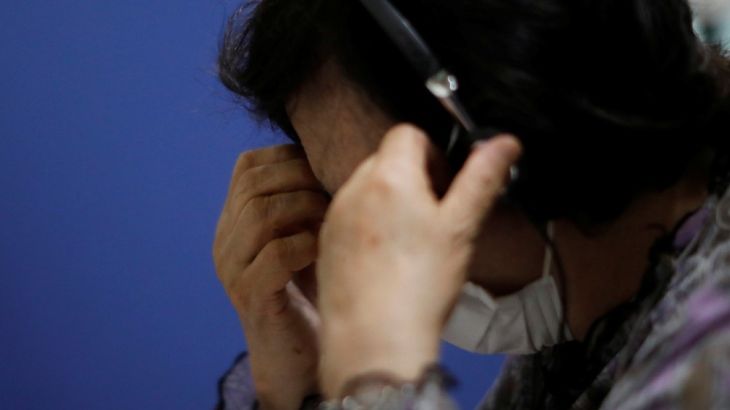
What is the psychological cost of the coronavirus?
Lockdown and isolation have led to unprecedented levels of anxiety, stress and depression.
More than 264 million people worldwide were affected by depression, and suicide was the second-leading cause of death among young people – and that was before the coronavirus pandemic.
Before distance and isolation became our new experience of life; before grieving loved ones without being able to say goodbye; and before the sudden loss of jobs.
Keep reading
list of 4 itemsFirst pig kidney in a human: Is this the future of transplants?
Why are some countries decriminalising drugs?
‘No good evidence’ for gender care for youth over long-term, review finds
Such difficult experiences have led to elevated levels of stress and anxiety, experts say. They warn of a potential rise in suicides and drug abuse, and a possible psychological cost in the coming years, after the pandemic is over.
Human Rights Watch has urged governments to expand mental healthcare services. The United Nations says facilities already lacking resources and people fleeing violence, are of particular concern.
So, what is the long-term impact of the coronavirus on people’s mental health?
Presenter: Mohammed Jamjoom
Guests:
Donna Dawson – Psychologist specialising in personality and behaviour
Kriti Shama – Senior researcher in the Disability Rights Division at Human Rights Watch
Mayssoun Hamzeh – Social psychology consultant